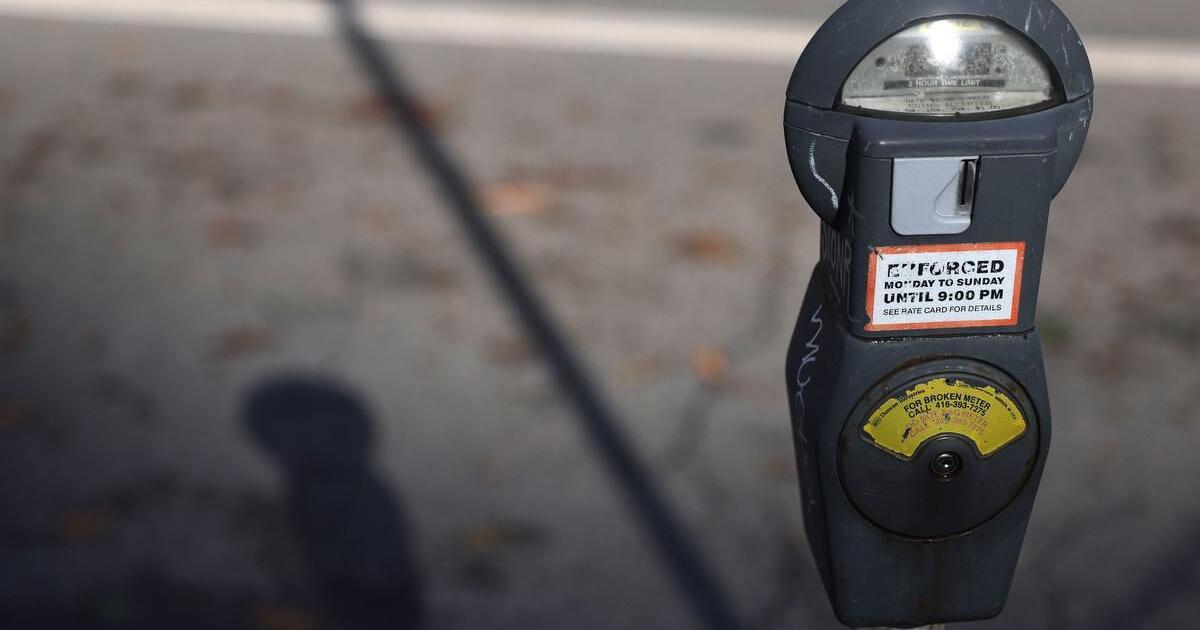AlvinofDiaspar
Moderator
That's not the whole story. Subway ridership depends on walk-up traffic, which Sheppard has a lot of, but it also depends on feeder routes (Sheppard has very few compared to Yonge-University and Bloor-Danforth), and it depends on people who need transit. The city's heaviest transit usage is in areas that have lots of lower-income residents - Davisville Village, St. Clair and Yonge (on the east side of Yonge), Parkdale, Jane & Weston, St. Clair and Bathurst, East York and Graydon Hall stand out on this map, while North York Centre and Sheppard East have the same percentage using transit, or a higher percentage, than many other areas immediately next to the subway network.
That has nothing to do with my thesis that transit access alone will not provide an environment where parking is unattractive. Downtown development simply cannot provide sufficient parking space for a large proportion of users simply because of space and affordability issues - transit and other modes simply provides an out to that problem. Most suburban developments simply do not face this issue regardless of the availability of transit.
AoD
Last edited:






